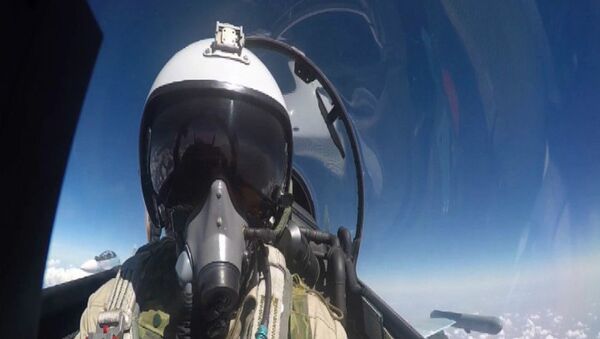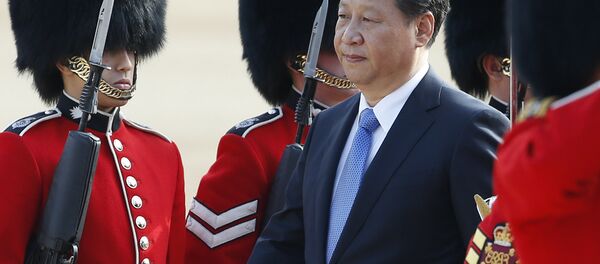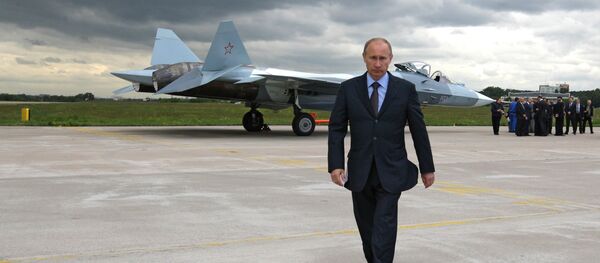"What we are seeing today, in no uncertain terms, is the political commitment of Russia and China (both inside and outside of the Shanghai Cooperation Organization) to the international fight against terrorism, where the West has totally abdicated this task," Orazio Gnerre said.
Russia launched airstrikes on positions of the Islamic State (ISIL) jihadist group at the request of Syrian President Bashar Assad on September 30. On Friday, Russian President Vladimir Putin said that Moscow had made progress in its fight against IS and is currently discussing anti-terrorist cooperation with several Arab nations and Israel.
"The Russian role in the Middle East is not only necessary, as part of a broader international collaboration among free countries, but also critical to the solution of the chaos created by the West," Gnerre said.
Gnerre described the US actions in the Middle East as an attempt to prevent integration between Iran, Syria and Lebanon, and collaboration between Russia and China that run counter to a unipolar world order.
Several Western and Arabic countries do not consider Assad to be the legitimate authority in Syria, and a US-led coalition has been conducting airstrikes against ISIL and training the opposition without approval from the UN or Damascus. Russia began launching precision airstrikes on ISIL positions in Syria at Assad's request.
At the 70th session of the UN General Assembly in New York, Putin urged the international community to create a broad international anti-terrorism coalition with Islamic countries.
China is part of the Regional Anti-Terrorist Structure (RATS) of the Shanghai Cooperation Organization (SCO). One of RATS main objectives at present is to curb ISIL expansion.
Earlier in October, media reports suggested that China could join Russia's efforts to destroy ISIL militant networks in Syria. However, the Chinese Foreign Ministry has stated that it has no information pertaining to the country's possible participation in an anti-IS air campaign.




